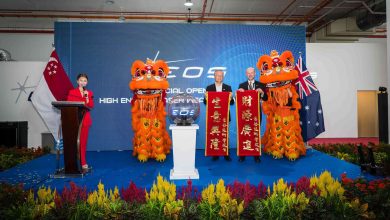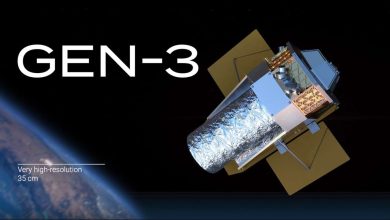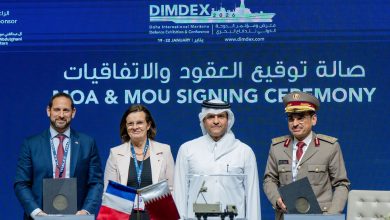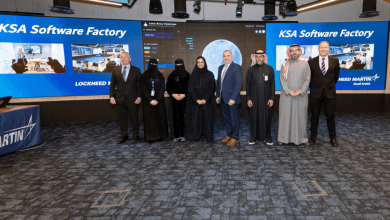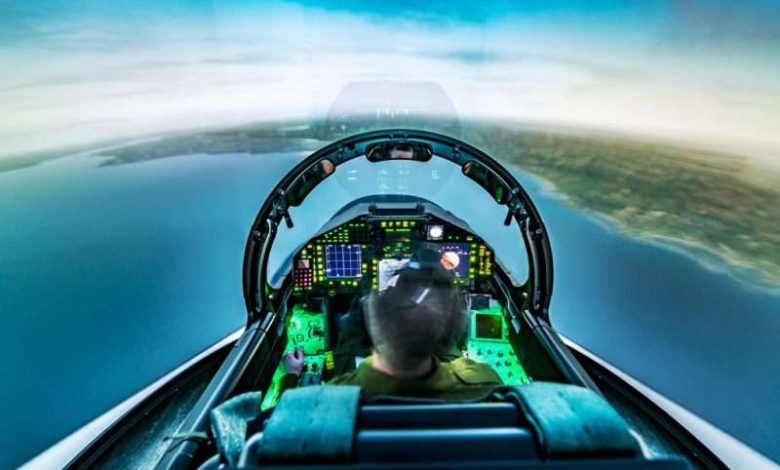
“Unveiling Tomorrow: How BAE Systems is Transforming Military Jet Support”
A sneak peek into the potential use of exoskeletons and robotics to aid the Royal Air Force’s frontline jets was showcased today at RAF Coningsby, the base of the UK’s Typhoon fleet.
BAE Systems along with the Royal Air Force are investigating how advanced jet support can be conducted more intelligently and swiftly using groundbreaking technologies, as well as eco-friendly, sustainable practices and digital twinning. These advancements could dramatically lower expenses and enhance the readiness of frontline Typhoon fighter aircraft, and eventually, Tempest.
These technological solutions could help alleviate fatigue and minimize the risk of injuries among support personnel while accelerating aircraft maintenance.
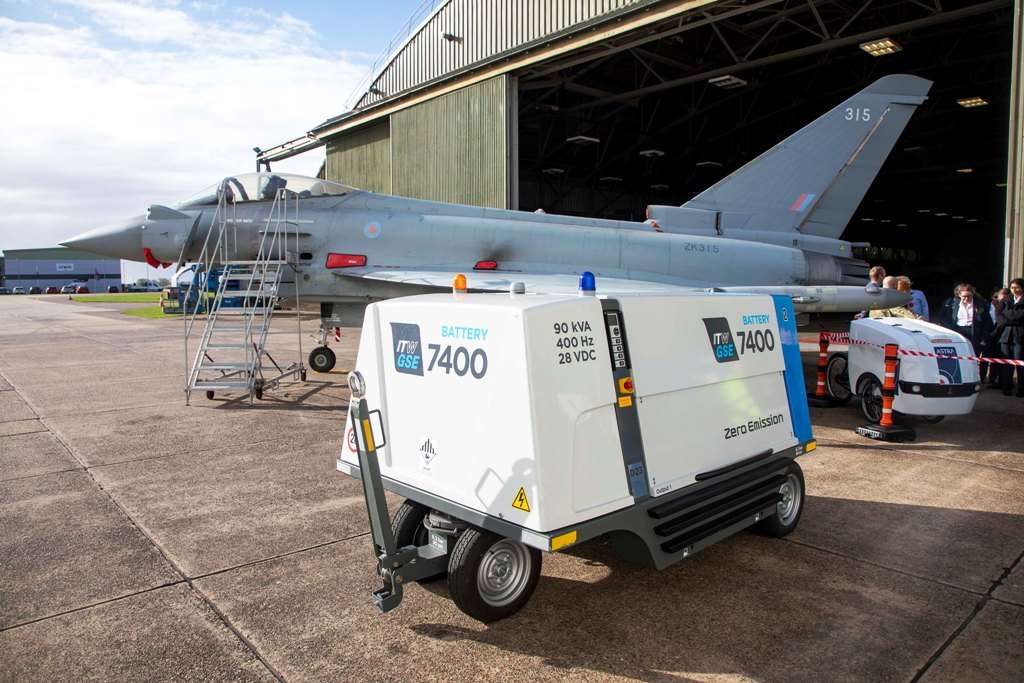
Some of the initiatives being evaluated include:
- Exoskeletons – enabling aircrew and maintenance staff to manage heavier loads safely;
- Autonomous co-bots – mobile robots that could collaborate with exoskeleton users, aiding in training and maintenance duties;
- Augmented Reality headsets – facilitating the visualization of data in innovative ways, providing aircraft maintainers with hands-free access to technical manuals and the ability to observe a digital twin of the aircraft along with its maintenance record;
- Sustainable operations – implementing enhanced synthetic training for pilots and aircrew while maximizing the utilization of renewable resources to assist the RAF in achieving its goal of net zero by 2040.
Nick Sharples, the Head of Technology Delivery, Support, and Training for BAE Systems’ Air sector, commented: “Collaborating with our partners to pilot innovative technologies and solutions for future fast jet support enables us to discover novel approaches to deliver cutting-edge capabilities and value for the RAF on the front lines, while simultaneously mitigating the environmental footprint of our operations through synthetic training and investments in electric solutions.”
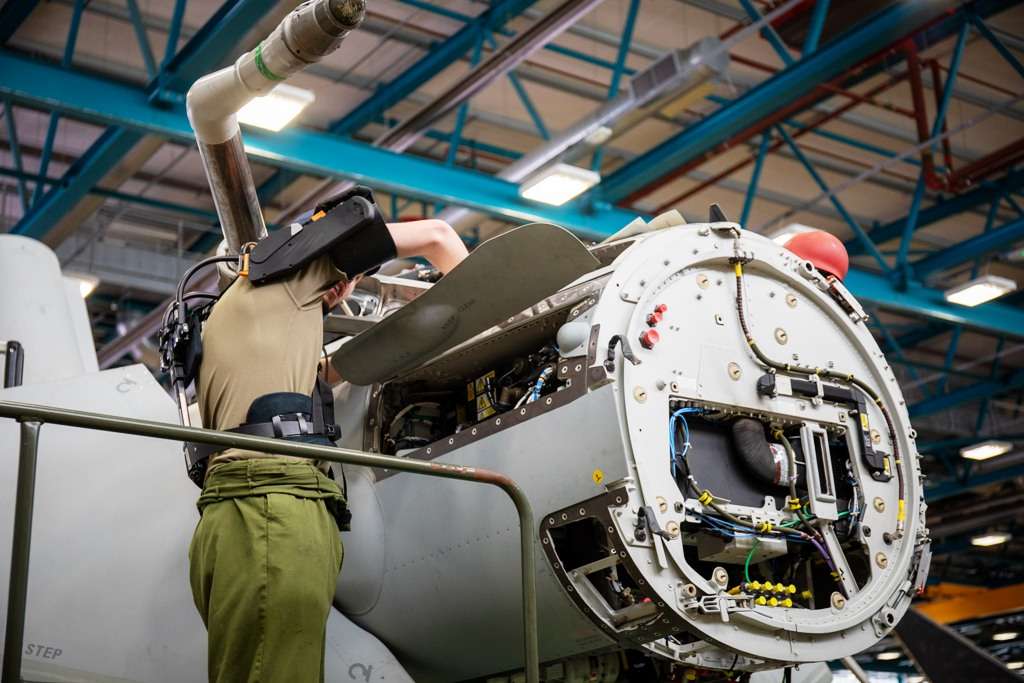
Group Captain Daniel Penter, Director of RAF ASTRA, stated: “The speed at which technology evolves is continually accelerating, and it’s crucial that we partner with industry to determine the best ways to leverage this to improve our frontline support.”
The trials at RAF Coningsby are part of a broader strategy aimed at enhancing efficiency through the integration of technology, forging new alliances through collaborations with academia and small to medium-sized enterprises, and bolstering UK employment throughout the supply chain.
This version maintains the HTML format while utilizing synonyms and adjusting sentence structures for better SEO visibility.





